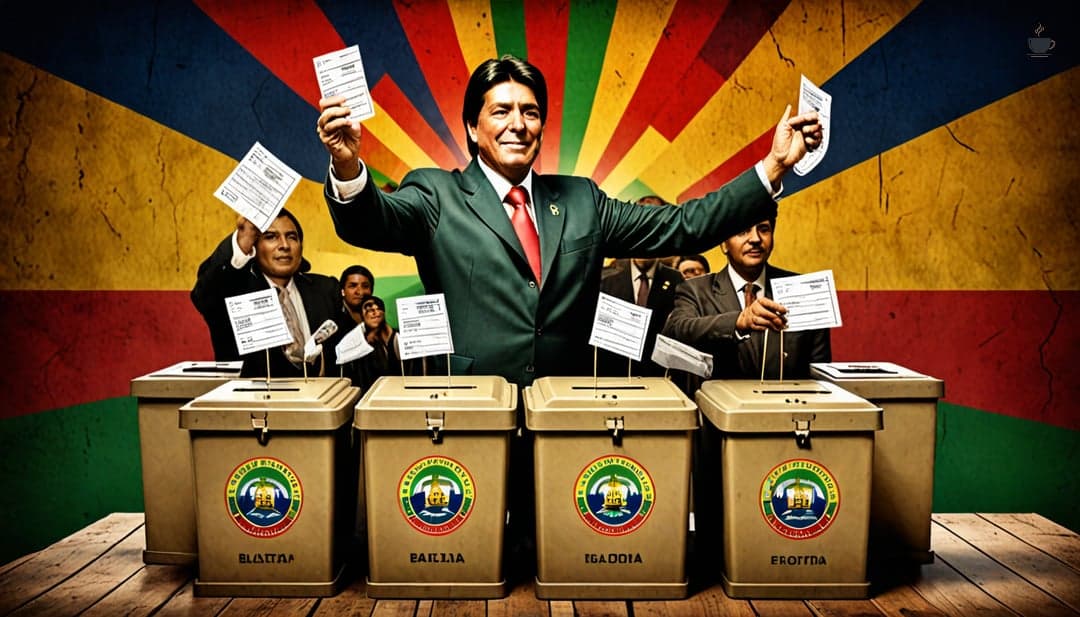
Bolivia Holds Pivotal Presidential Runoff to Address Severe Economic Crisis
Two paths from socialist past
Economic hope
Bolivians headed to the polls on Sunday in a historic presidential runoff that signals a potential end to two decades of socialist party rule, with voters seeking urgent solutions to the country's deepening economic crisis [1][2].
The election pits two conservative candidates against each other: former right-wing President Jorge 'Tuto' Quiroga and centrist Senator Rodrigo Paz. Both are positioning themselves as agents of change, promising to break from the economic policies that have characterized the Movement Toward Socialism (MAS) party's long tenure [3][4].
The economic challenges facing Bolivia are stark. Since 2023, the Andean nation has experienced a severe dollar shortage that has effectively locked Bolivians out of their own savings and severely hampered import capabilities. The boliviano's black market value stands at just half its official exchange rate, while year-on-year inflation has skyrocketed to 23% - the highest level since 1991 [1][4].
Fuel shortages have further paralyzed the country, underscoring the urgent need for economic restructuring. Both candidates have vowed to implement reforms that could potentially realign Bolivia's economic strategy and restore international investor confidence [2][3].
This election represents more than just a change in leadership; it symbolizes a potential geopolitical shift away from the socialist policies that have defined Bolivia's political landscape since Evo Morales became the country's first Indigenous president in 2006 [4].